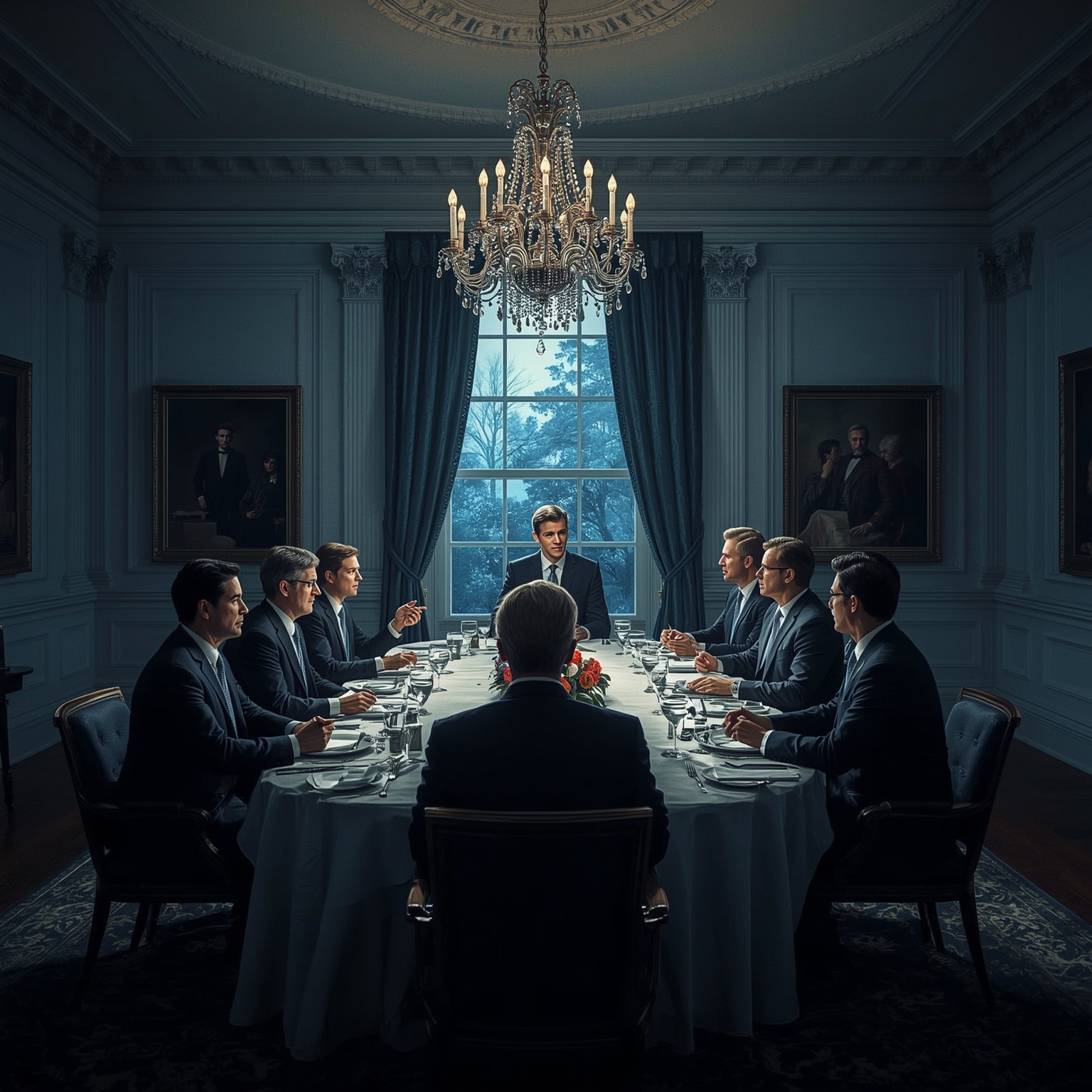A significant moment of convergence between political authority and technological power unfolded during a formal White House dinner, where some of Silicon Valley’s most influential executives expressed notable admiration for the president’s role in championing innovation. Among those present were Mark Zuckerberg of Meta, Sundar Pichai of Google, and Sam Altman of OpenAI—figures who collectively represent the forefront of social media, search engines, and artificial intelligence. Their public endorsement of Trump’s leadership on matters of innovation drew considerable attention, not merely because of the praise itself, but due to what it symbolically represents: a deepening alignment between private sector titans of technology and the highest levels of American political influence.
The event served to highlight the increasingly delicate interplay between technological advancement, public policy, and corporate interests. For Silicon Valley companies, whose ventures extend into areas of immense societal impact—from the ethical deployment of artificial intelligence to the regulation of data privacy and the shaping of future digital economies—the relationship with political leadership is no longer peripheral; it is central to both their strategic survival and global competitiveness. This dinner seemed to crystallize this reality, bringing into sharp relief how intertwined public decision-making and private innovation have become.
Observers of this gathering are now left to interpret its broader significance. Does this moment signal a mutually beneficial partnership, one in which innovation will be accelerated by harmonized cooperation between policymakers and the leaders of technology? Or, alternatively, does it reveal a pragmatic maneuver by corporate figures to align themselves with governmental authority in a bid to safeguard influence, secure policy advantages, and shape regulatory frameworks to their favor? Either interpretation underscores the complexity of balancing ambition for progress with the potential risks of concentrated power. What remains clear is that this evening represented more than a ceremonial dinner—it was a visible manifestation of the evolving relationship between Silicon Valley and Washington, one whose implications for the future of both technology and politics are likely to be profound.
Sourse: https://www.wsj.com/politics/trump-tech-ceo-rose-garden-dinner-1fee2de3?mod=rss_Technology



